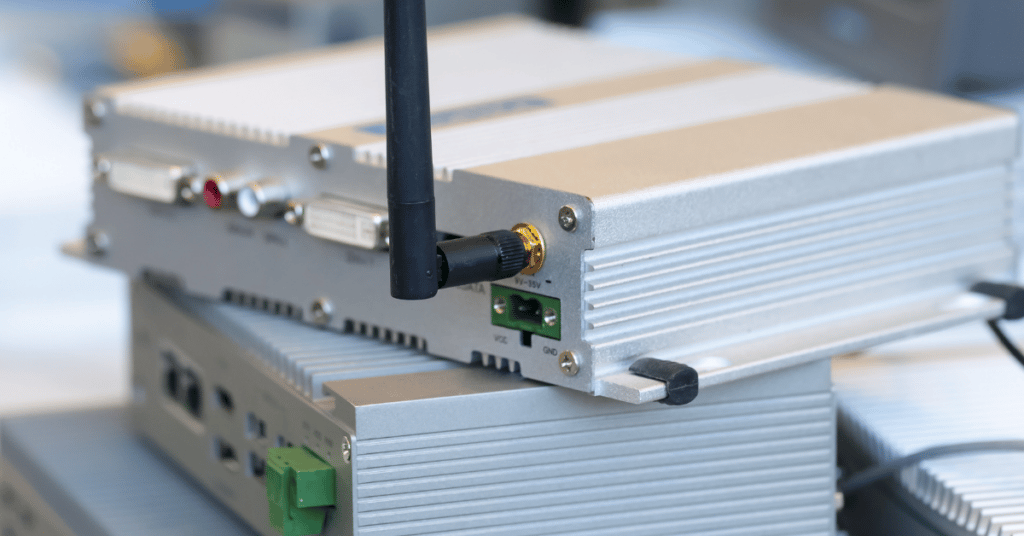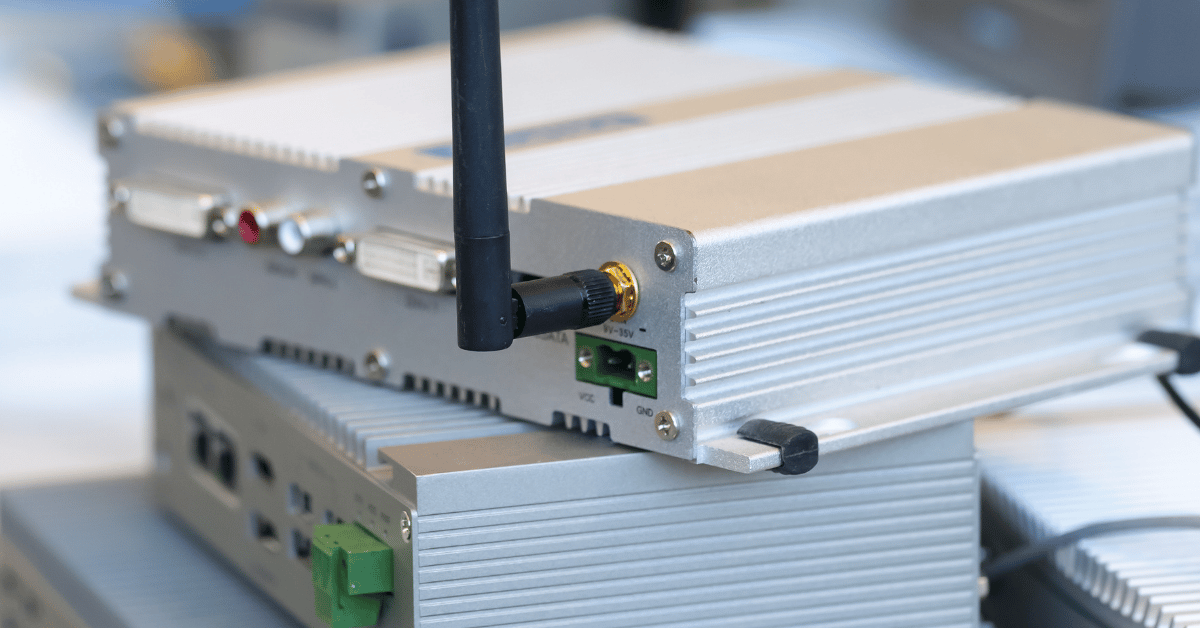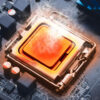
Solid-state drives (SSDs) have become progressively more popular in purpose-built and embedded systems because of their high performance, reliability, and now reduced prices due to based SSD adoption that has occurred over the last few years.
Today, several embedded SSDs are using traditional storage form-factors including mSATA, M.2, and 2.5”. The biggest benefit in using embedded SSDs is a rise in overall reliability by eliminating less reliable mechanical HDDs (hard disk drives) from the system.
Choosing The Best Embedded SSDs For Specific Applications
Embedded systems are frequently integrated into environments that make them expensive and challenging to service if a failure ensues. In addition, SSDs are preferred over HDDs in embedded applications since SSDs are not only durable but also able to work in more extreme situations where they are usually installed.
The workloads and embedded systems applications to which the SSDs are subjected can differ. A standard embedded application consists of some form of data collection, a software application, and a small-footprint OS.
In a lot of applications, the collected data is only stored for a short duration and then uploaded for data storage to a centralized server. But some applications can be extreme with the duty cycle of the system, and need the data to be written every hour of the day, throughout the year. This could end up affecting the useful life of the solid state drive.
Follow The Manufacturer’s Recommendations
Environmental conditions also need to be factored in. It is always recommended to adhere to the manufacturer’s recommendations for humidity, altitude, and SSD operating temperature. If the recommended environmental ranges are not followed, it can adversely impact the lifespan of the device, and possibly result in unwanted loss of data.
At Accelerated Memory Production Inc, we have produced a wide range of SSD health features accessible via the SMART monitoring system assembled into the drive to report on several dependability indicators.
Utilizing commonly available SMART software tools, system designers can assess their workloads to calculate the amount of data the application writes on the SSD. Additionally, it will help them comprehend the Write Amplification Factor (WAF) which is crucial to evaluating drive lifespan.
Due to the way data is written to the storage medium, all flash storage devices feature a WAF. In other words, the WAF is the difference between how much data is written to the SSD and the amount of data that is sent from the host.
Testing Embedded SSDs on the Actual Platform
All AMP Inc. embedded SSDs have to go through a performance qualification procedure and meticulous internal compatibility before product launch. But in the case of purpose-built computers and embedded systems, we recommend testing an SSD on the actual platform it will be employed to check basic functionality and compatibility.

Talk to a Top-Rated Provider of Embedded SSD Drives
Looking for superior quality industrial and commercial embedded SSD drives? AMP Inc. is dedicated to offering the best embedded SSD drives as well as customer support. As a leading manufacturer of storage and memory solutions, we aim to provide the best in embedded SSD storage goods. If you have any questions about our services and offerings, please give us a call at 714-460-9800 or fill out this online contact form.





